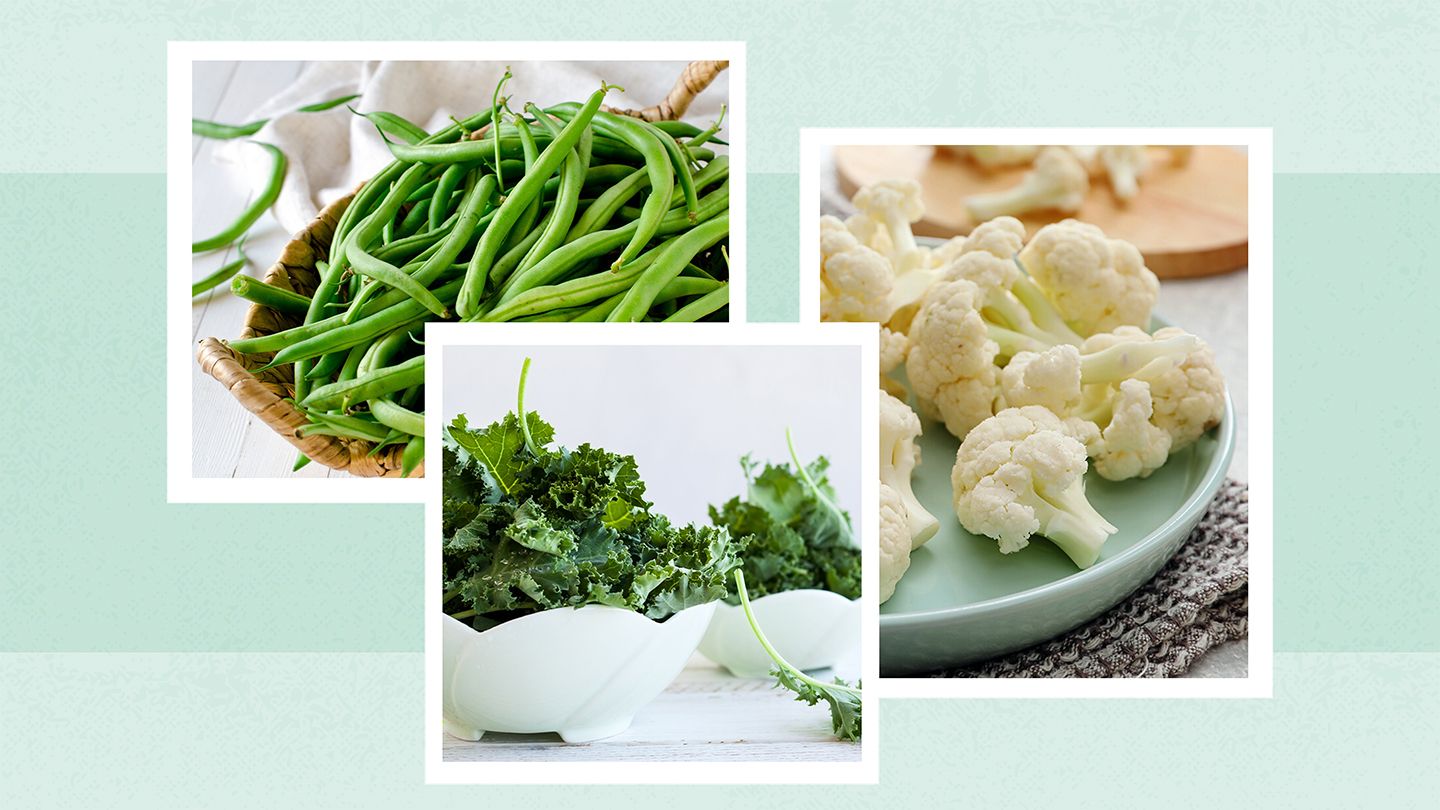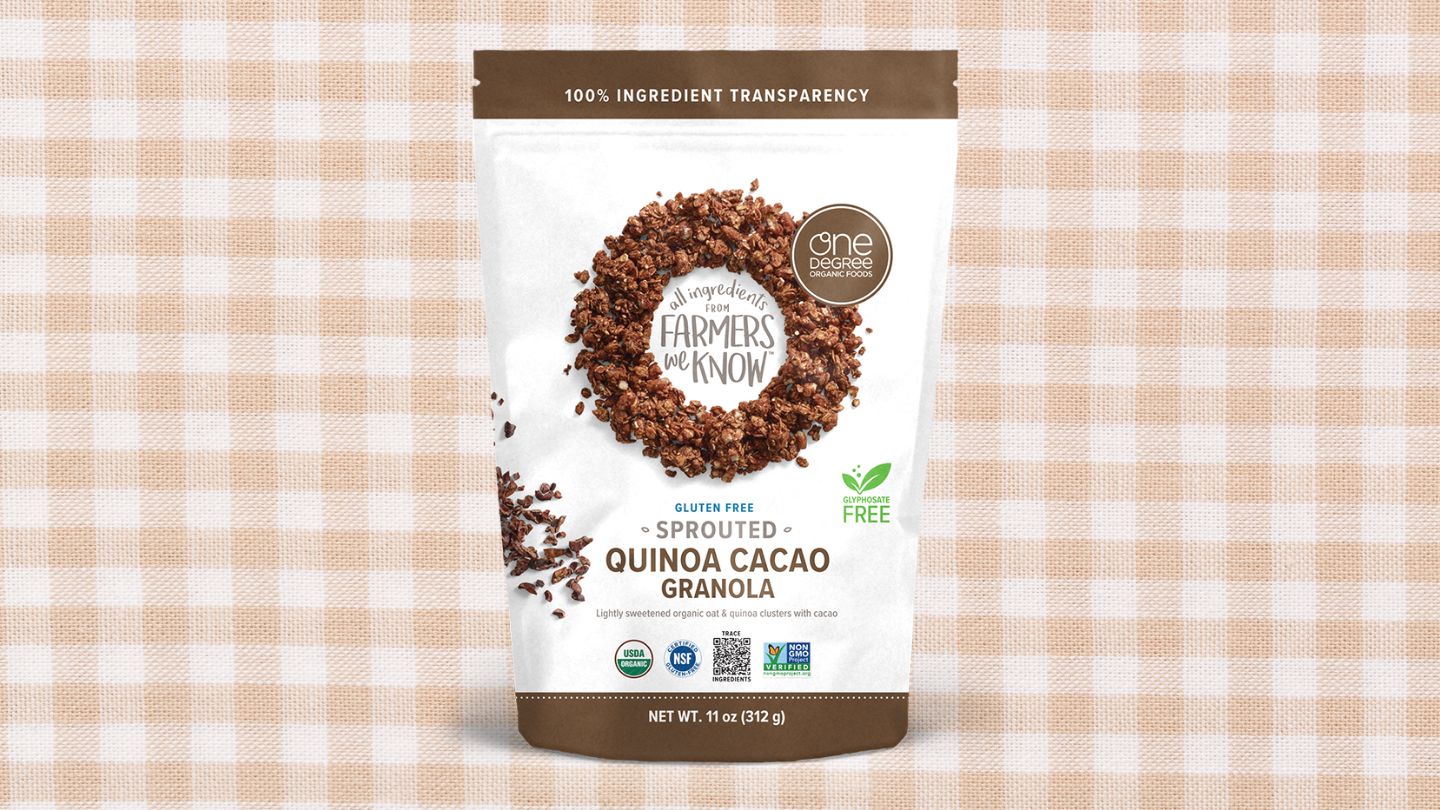Understanding Carbohydrates in Cottage Cheese
Cottage cheese has become a popular choice for those following low-carb or keto diets. As a fresh, soft cheese curd product, cottage cheese offers a nutritious protein and fat source while being remarkably low in carbohydrates.
But exactly how many carbs are actually in cottage cheese? The answer depends on the type, ingredients, and serving size.
Checking Nutrition Labels for Carb Counts
The easiest way to determine the carbohydrate content per serving is to check the Nutrition Facts label on the cottage cheese container.
Nutrition labels break down the major macronutrients per serving, including total carbohydrates. Be sure to check the serving size in grams at the top of the label, as carb counts differ depending on serving sizes.
Most labels show carbohydrate content in grams per serving. To calculate net carbs, subtract fiber and sugar alcohols from total carbs.
Understanding Cottage Cheese Ingredients
Basic cottage cheese ingredients include pasteurized milk, enzymes, bacterial culture, cream, and salt. Full-fat cottage cheeses also retain all the natural milkfat.
When checking labels, the fewer ingredients the better. Avoid cottage cheeses with added starchy thickeners like cornstarch, wheat, and potato starches. These unhealthy additives boost total carb counts.
Also shun fillers like gums, stabilizers, and milk protein concentrates. Stick to simple, whole foods ingredients for the lowest carb cottage cheese options.
Comparing Carbs in Different Cottage Cheese Types
Carbohydrate content varies greatly between low-fat, reduced-fat, and full-fat cottage cheese styles.
Full-fat cottage cheese often contains around 3-6g net carbs per half cup. Brands may range from 1g on the very low end up to 8g net carbs per serving for higher carb products.
Reduced-fat and low-fat versions range from around 3-7g net carbs on average per half cup. Low-fat cottage cheese typically has the highest amount of carbs due to more fillers and thickeners.
Small curd cottage cheese tends to be lowest, with larger curds and creamy styles slightly higher in carbs. Dry curd cottage cheeses have the least carbs since more whey is drained off.
Countering Concerns over Cottage Cheese Carbs
Some low-carb dieters remain hesitant to add cottage cheese due to traces of lactose, a naturally occurring milk sugar.
Lactose is a dairy disaccharide carb compound. Though small amounts exist in cheese products, most lactose drains off with residual whey during processing.
Additionally, the culturing and fermentation process converts much of the remaining lactose to lactic acid, further reducing carb content.
For most people, the minute traces of lactose make negligible differences in net carb counts. Those with dairy sensitivities can stick to very low lactose varieties under 1g per serving.
Maintaining Low Carb Intake
Monitoring your daily net carb intake is key for maintaining ketosis on low-carb keto diets. Consuming 20-50g total carbs each day allows your body to continuously burn fats for energy.
Cottage cheese can fit into this narrow carb range when eaten in moderation. Just one half cup serving ranges from 1-7g net carbs leaving plenty of room for more whole food choices.
Combining cottage cheese with low carb fruits, nuts, seeds, vegetables makes tasty, nutritious snacks and meals.
Choosing No-Sugar-Added Cottage Cheese
Sweetened cottage cheese varieties contain added sugars, corn syrups, and other sweeteners. These excess carbs can quickly knock your body out of ketosis.
Always choose unsweetened, plain cottage cheese. Avoid fruit-flavored blends or pineapple bits with sugary fruit syrups. You can always mix in your own fresh berries for flavor instead.
Trying Small Portions of Low Carb Flavored Cottage Cheese
Companies now produce no-sugar-added flavored cottage cheese varieties using natural sweeteners.
While tasty, keep your portions in check, as some can creep closer to 10g net carbs per serving. Spices like chives, dill, garlic and onion make flavorful alternatives.
Ways to Include Cottage Cheese in Your Low Carb Diet
With just a bit of creativity, carb-conscious dieters can enjoy cottage cheese in sweet and savory dishes.
For breakfast, top cottage cheese with walnuts, flaxseed, and berries. Or blend with avocado, almond milk, cocoa powder, and stevia for a creamy chocolate pudding.
For lunch or dinner combine with tomatoes, herbs, and olive oil for an easy salad. Or bake into meat lasagnas or vegetable casseroles.
Cottage cheese also works layered into lettuce wraps or stuffed into cucumbers or bell peppers for perfectly portable snacks.
Protein-Packed Low Carb Breakfasts
Cottage cheese is very high in protein with around 13-16g per half cup. Paired with nuts, seeds, and fiber-rich veggies, youll stay full and energized all morning.
Some hearty breakfast bowl staples include avocado, spinach, mushrooms, zucchini, olive oil, eggs, turkey bacon bits, and hot sauces.
Low Carb Cottage Cheese Lunches
Packed lunches allow you to control carb counts for afternoon workouts and tasks. Fill lettuce leaf wraps with cottage cheese, chicken, tomato, avocado, and Parmesan crisps.
Or stuff bell peppers with cottage cheese, black olives, artichoke hearts, fresh herbs like basil, parsley or chives.
Savory Low Carb Cottage Cheese Dinners
For a fast, protein-packed dinner load up portobello mushroom caps with cottage cheese, Parmesan, and Italian spices.
Or make Tuscan chicken skillet by sauting chicken breasts seasoned with garlic, basil, oregano. Toss with artichokes, roasted peppers, spinach, sun-dried tomatoes, then top with creamy cottage cheese.
Tips for Adding Cottage Cheese to a Low Carb or Keto Diet
With dozens of tasty ways to enjoy cottage cheese, you can easily incorporate it into various low-carb diets.
Be sure to read labels closely and calculate net carbs properly per serving. Full-fat or dry curd cottage cheese typically has the least carbs.
Eat cottage cheese in sensible portions and pair with low carb fruits and vegetables to stay in ketosis. Meal prep cups or lettuce wrap snacks help regulate portions.
Whip up exciting new combos like jalapeo popper chicken bakes or creamy Alfredo zucchini lasagnas using cottage cheese. Just keep an eye on any sneaky carb additions that could sabotage your healthy keto meal plan.
With a little planning, cottage cheese can play a nutritious supporting role in your low-carb diet success.
FAQs
Does cottage cheese fit into a keto diet?
Yes. Full-fat, plain cottage cheese is generally low in carbs, with about 3-6 grams of net carbs per serving. As long as it fits within your daily carb limits, cottage cheese can be included as part of a well-formulated keto diet.
Is lactose in cottage cheese a concern on low-carb diets?
While cottage cheese contains small traces of the milk sugar lactose, much of it drains away in processing. The culturing process also converts most remaining lactose to lactic acid. For most people, the minute lactose content is negligible and won't significantly impact net carbs.
What are some good low carb cottage cheese recipes?
Some tasty low carb cottage cheese recipes include breakfast bowls with berries and nuts, lettuce wrap snacks with veggies and chicken, stuffed bell peppers, portobello mushrooms caps topped with Parmesan, and chicken stuffed zucchini lasagnas.
Is low-fat or full-fat cottage cheese better for keto?
Full-fat cottage cheese tends to be lowest in carbs, as low-fat and fat-free versions often have more fillers and additives. Always check labels carefully for sneaky carb additions. But both can fit into keto diets when eaten in moderation.
Disclaimer: This article is for informational purposes only and does not constitute medical advice. Always consult with a healthcare professional before starting any new treatment regimen.
Related Coverage
Wondering if you can enjoy Jägermeister on the keto diet? Learn exactly how many carbs are in Jägermeister and analyze if it fits into a ketogenic diet in moderation....
Answers to the top questions about using vegetable and fruit juicing to reduce high cholesterol, blood pressure, and risk of heart disease....
Get the scoop on colby jack cheese carbs. Learn how this keto-friendly cheese fits into low-carb diets, plus find simple recipes and shopping guidance....
Does Crystal Light fit into a ketogenic lifestyle? Examine the debate around artificial sweeteners and additives to determine if it aligns with keto's low-carb principles....
Precision Rx Pharmacy offers convenient access to cheap medications but has concerning reviews on licensing, prescriptions, drug safety, and more. Learn about the risks....
Field peas contain 20 grams of digestible carbs per cooked cup. Learn whether these versatile legumes can align with keto diets and find suitable low-carb vegetable swaps....
Learn how gin and diet coke can fit into the keto diet. Get the nutrition info, the best low-carb recipes, ideal mixers, and smart tips for drinking alcohol while staying in ketosis....
Discover keto-friendly cocktails like the Bulleit Old Fashioned. Learn how to enjoy alcoholic beverages while following a ketogenic diet with our guide to low-carb cocktail options....
Examining the nutrition profile, ingredients, and health benefits of the high protein Ratio yogurt. Learn how its protein and probiotics affect your health....
Discover how to make crunchy, nutritious low carb granola with nuts, seeds, coconut and healthy fats. Get tips for making sugar-free, grain-free granola....







